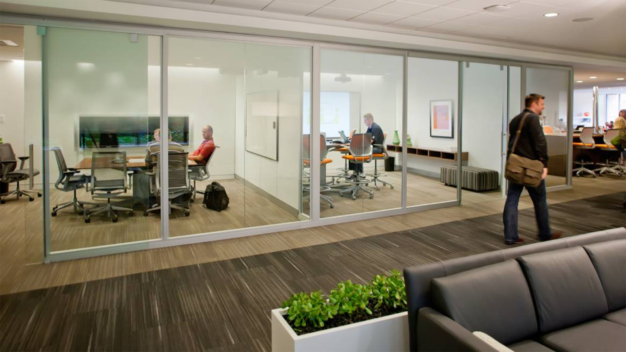A Better Choice for Investing: Apartment vs House

Making the choice to invest in a house or an apartment is crucial to one’s real estate career. Each has special advantages and things to keep in mind. Making a sensible investing decision requires an understanding of the benefits and differences.
Key Considerations When Investing
Location Matters
Selecting the perfect site is essential. Urban centers are popular destinations for apartment investments because they provide convenience and easy access to facilities. On the other hand, a house investment can fit best in a suburban or rural area where room and a calm atmosphere are valued.

Financial Implications
Purchasing an apartment may mean paying less up front and having fewer maintenance obligations. On the other hand, low potential for appreciation and monthly association dues may be contributing issues. Investing in a house, on the other hand, requires larger initial outlays but may result in better appreciation and no association fees.
Rental Income Potential
Evaluating potential rental income is essential. Because of its advantages in terms of location and price, apartments frequently have a constant flow of new tenants. Although they need more upkeep, houses may draw long-term tenants looking for a yard and space.

Advantages of Apartment Investment
Amenities and Facilities
Apartments are more appealing to renters looking for convenience and a whole lifestyle package when they include shared amenities like gyms, pools, and common areas.
Lower Maintenance
Investors love that there is less upkeep involved with flats. Management or the association are often in charge of external maintenance and repairs.

Market Demand
The need for apartments has grown as a result of urbanization and shifting demographics, providing a steady stream of prospective renters and guaranteeing occupancy rates.
Advantages of House Investment
Privacy and Space
Homes are the best option for families or people seeking greater space for personalization and customization because they provide unparalleled seclusion and larger living areas.

Appreciation Potential
In the past, homes have typically appreciated more than apartments. Furthermore, homeowners are free to make changes and improvements to their home, which will eventually raise its value.
Freedom of Ownership
Being a homeowner gives you freedom from association regulations and permissions about decisions, improvements, and how you utilize your property.
FAQs
What are the typical differences in maintenance costs between apartments and houses?
Maintenance costs for apartments are usually lower due to shared responsibilities and management arrangements. Houses might incur higher maintenance expenses, covering the entire property.
Which type of property investment offers better long-term value: apartment or house?
Houses historically tend to appreciate more than apartments due to land value and potential for customization.
Are apartments easier to rent out compared to houses?
Yes, apartments generally have a broader appeal due to affordability and convenient locations, attracting a steady influx of potential tenants.
Do houses require higher insurance costs than apartments?
Yes, typically, houses incur higher insurance costs due to covering more extensive property and land.
Can apartments provide similar returns on investment as houses?
While apartments may yield steady returns due to consistent occupancy, houses have potential for higher returns through appreciation and property enhancement.
How do property taxes differ between apartments and houses?
Property taxes can vary based on location and property value. Generally, houses may have higher property tax due to land and property size.
Conclusion
Buying a home or an apartment depends on a person’s long-term objectives, financial situation, and personal preferences. Making an informed and profitable investment decision requires an understanding of the subtle differences between the two types of properties.

